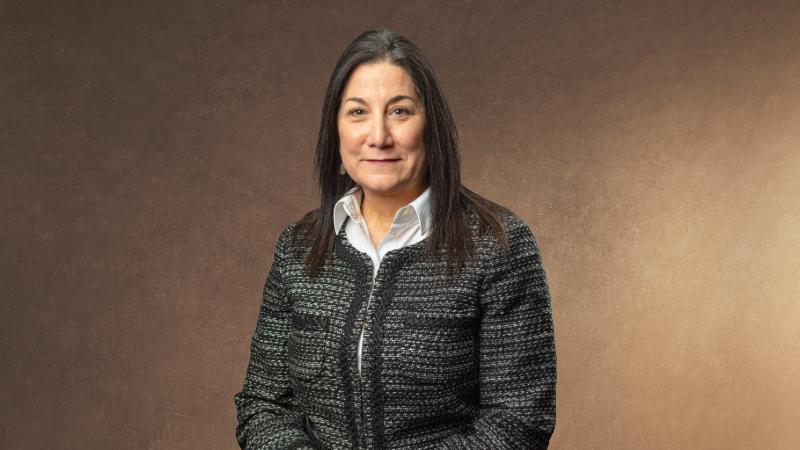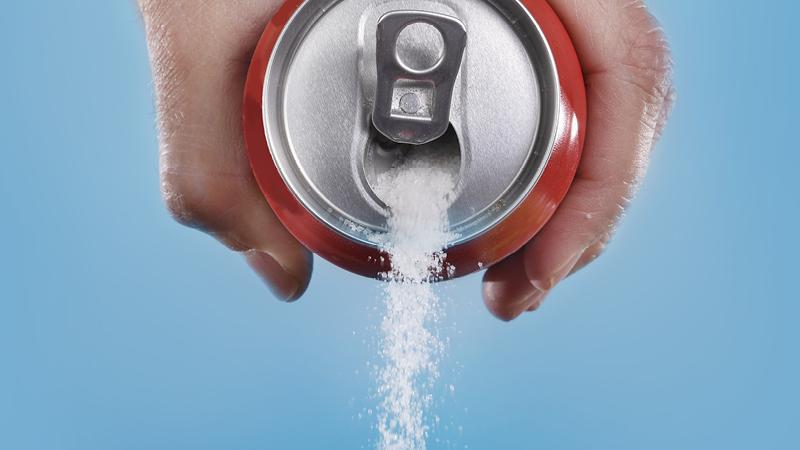March 26, 2024
Life is a delicate thing; a heartbeat can suddenly falter, turning a routine trip to the grocery store into a moment of crisis. In these instances, hands trained in CPR become the lifeline until further help arrives. According to the American Heart Association, only about 40% of people receive the immediate assistance they need before professionals arrive, contributing to the staggering 436,000 Americans who succumb to cardiac arrest in a single year.
Cardiac arrest can strike anywhere, often occurring outside of healthcare settings, where the equipment and medications vital for saving lives aren't readily available. In this world beyond hospital walls, CPR goes beyond titles and professions. Whether it's a teacher in a classroom or a passerby on a busy street, the ability to perform CPR transforms ordinary individuals into potential lifesavers. It's not about being a hero; it's about swift action and confidence in the face of crisis.
CPR won't restart a heart, but it's a crucial intervention that sustains oxygen flow to the brain until professional help arrives. The Cleveland Clinic warns that brain death can occur after just 10 minutes without oxygen, with brain damage setting in well before that. With each compression and breath, CPR buys time, significantly increasing the chances of survival for those in cardiac arrest. Immediate CPR, according to the American Heart Association, can double, if not triple, the survival rate of cardiac arrest.
A common concern hindering people from initiating CPR is the fear of causing harm to the individual or facing legal repercussions. Could CPR potentially cause chest trauma? It's possible. Is chest trauma preferable to death? Absolutely. When it comes to CPR, the potential rewards far outweigh the risks. Furthermore, Good Samaritan laws protect anyone acting in good faith to provide reasonable assistance to someone they believe needs help.
The mission of St. Peter’s Health training center is to empower our community with the skills needed to be the difference between life and death. In 2023, our training center, supported by many talented instructors, proudly certified 2,000 individuals in CPR, marking a significant step forward in our commitment to fostering a community of lifesavers. We take pride in collaborating with schools, fire departments, local businesses, and other groups to expand the population of people who can provide CPR when needed.
Our training center is dedicated to improving patient care and outcomes by providing essential education. For healthcare providers, we offer a range of courses including Advanced Cardiac Life Support, Pediatric Advanced Life Support, and Neonatal Resuscitation Program, among others. However, our training center has classes available for anyone seeking to expand their knowledge.
We offer two routes of CPR certification through the American Heart Association. The Basic Life Support program is tailored to healthcare professionals, providing specialized training for those in frequent patient contact. Meanwhile, our Heartsaver program is open to anyone eager to make a meaningful impact in emergency situations. Students have the option to learn basic first aid in addition to CPR and AED use. We encourage everyone to take a class and become proficient in these vital skills.
Looking ahead, we recognize a shared responsibility to safeguard lives. We believe that everyone should know what to do in the event of an emergency, and we're committed to helping our community acquire the skills needed to respond efficiently and confidently. Join us in ensuring that every member of our community possesses the knowledge and confidence to act decisively when seconds matter most. If you're interested in learning more or signing up for a class, please visit the Community Education page on the St. Peter’s Health website, or call Breanna Hollatz at 406-444-2375 to request a class. We hope to see you in class!
Breanna Hollatz is the Training Center Coordinator for St. Peter’s Health, as well as a paramedic with the ambulance.


